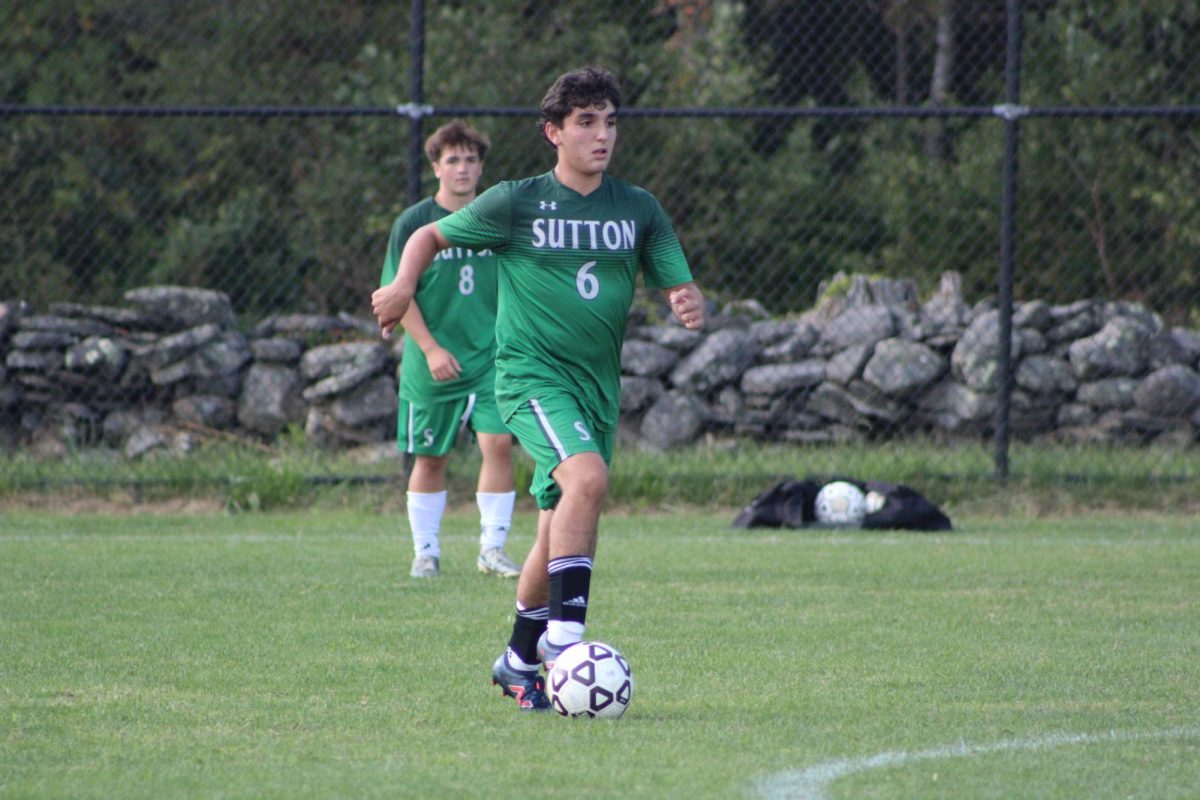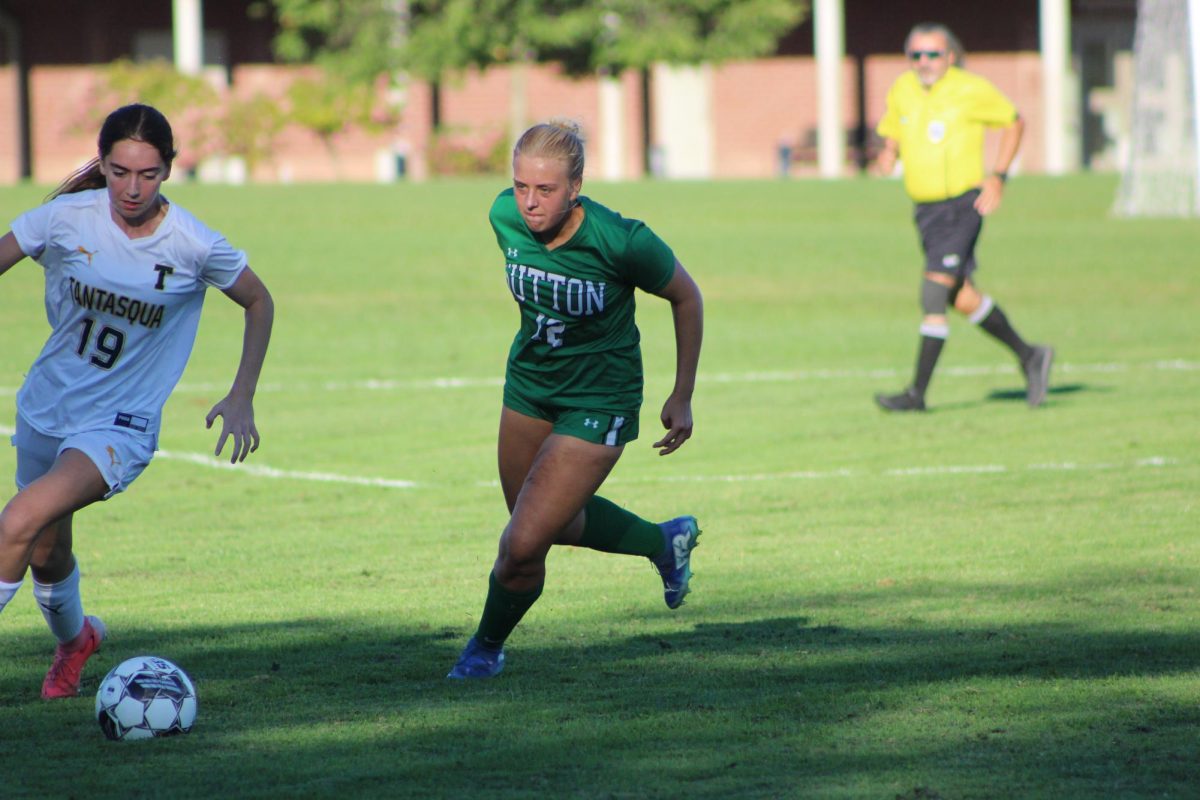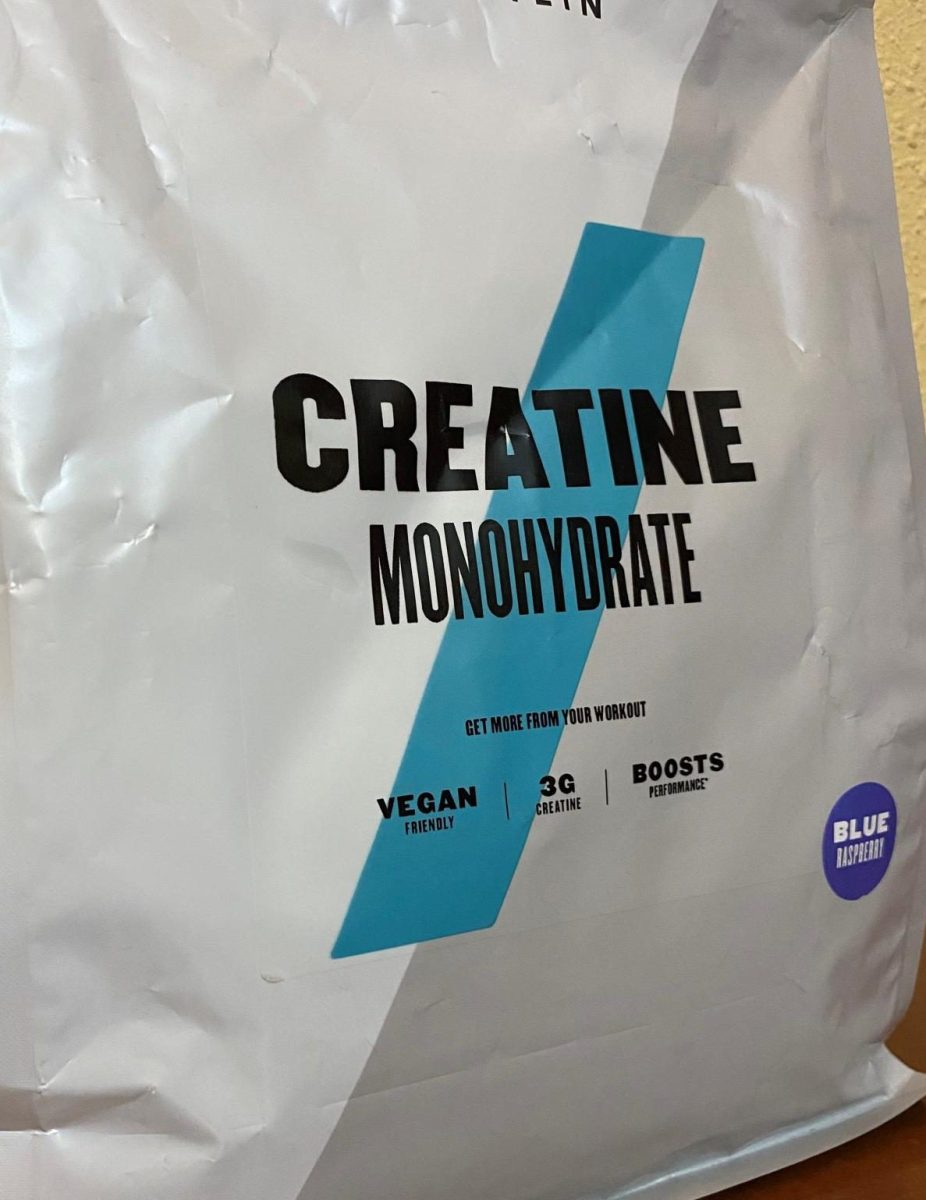Journalism and Sports
What Role Should Journalists Be Playing in the Athletic World?
February 7, 2023
A lot happens in the sports world, and we need journalists to help us keep up. But when do journalists cross the line, and whose job is it to draw that line?
I often find myself appalled by how poorly journalists and broadcasters have handled sensitive subjects, such as the one seen recently with Damar Hamlin. My mind soars to people like Skip Bayless and Bart Scott, who both made outrageous takes in regards to his devastating situation.
Bayless adamantly suggested that the players finish the game in spite of the mortifying situation that occurred on that field no more than an hour prior at the time of the tweet. Bart Scott decided to take the opportunity to blame Bengals’ receiver Tee Higgins for the freak incident, adding to his history of bashing the Bengals and their players.
It makes me think, however, where the line of what is and isn’t okay to be said is drawn. I think it’s important for these personalities to be able to express their thoughts and opinions, but they also need to have at least a little bit of tact when they give their stance.
Take this interaction between Tampa Bay Buccaneers running back Giovani Bernard. He made a crucial mistake in a game against the Cincinnati Bengals on December 18th. It’s important to make athletes answer for their mistakes, and it’s a reporter’s job to ask these tough questions, but a line was crossed in this interview.
For context, Bernard had already changed, showered, and was on his way home. If they really cared to get an interview from him, they could’ve gotten him sooner. He’s only a backup, so he doesn’t get a press conference, and he’s been injured, so they hadn’t spoken to him all season. He had no reason to expect an interview on his way out of the building.
This “interview” felt much more like an attack on Gio, as opposed to a series of questions to build a story. There wasn’t a story to tell in regards to that play. The line of questioning felt unnecessary and targeted, once again begging the question, where’s the line?
It’s easy to throw out something subjective, like “the line is humanity, just treat people with respect,” but not only is that the easy way out, it’s also a load of garbage.
Respect only gets you so far. There are lines that need to be crossed in order to build a story. These athletes get paid millions of dollars to play a game. They already walk a fine line, and egregious mistakes like Gio’s cross a line as well.
He needs to answer, that’s part of his job and part of his salary, and sometimes the best answers come from questions that make you shake your head, and I don’t want to lose out on an interview like this one from former Oklahoma City Thunder star Russell Westbrook.
Everyone likes the funny moments and bloopers, and reporters give us a special insight into these athletes’ lives, allowing them to be humanized a bit to average fans.
It’s important to have reporters, and it’s important to give them close to free reign as far as asking and answering questions goes, but the fact that people like Bart Scott and Skip Bayless will face zero repercussions in their actual careers despite the heartless comments they’ve made in the past, and will continue to make, concerns me for the future of journalism in the sports world.
A journalist’s job is to gather information and relay it to the public, sometimes to push a story, and sometimes to inform people, but as social media clicks continue to strong arm journalists into throwing away their morals, I fear their role is shifting from one of informing to one of enraging.
It’s important for athletes and reporters to develop mutual respect. Both parties have been spectacularly disrespectful to each other in the past, but they need each other in order to succeed. There needs to be more discourse between players’ associations and the NSMA to create a healthier environment for our athletes and writers.






































